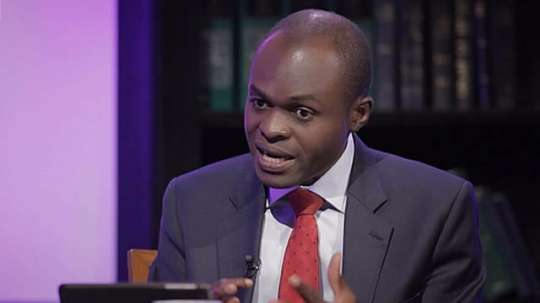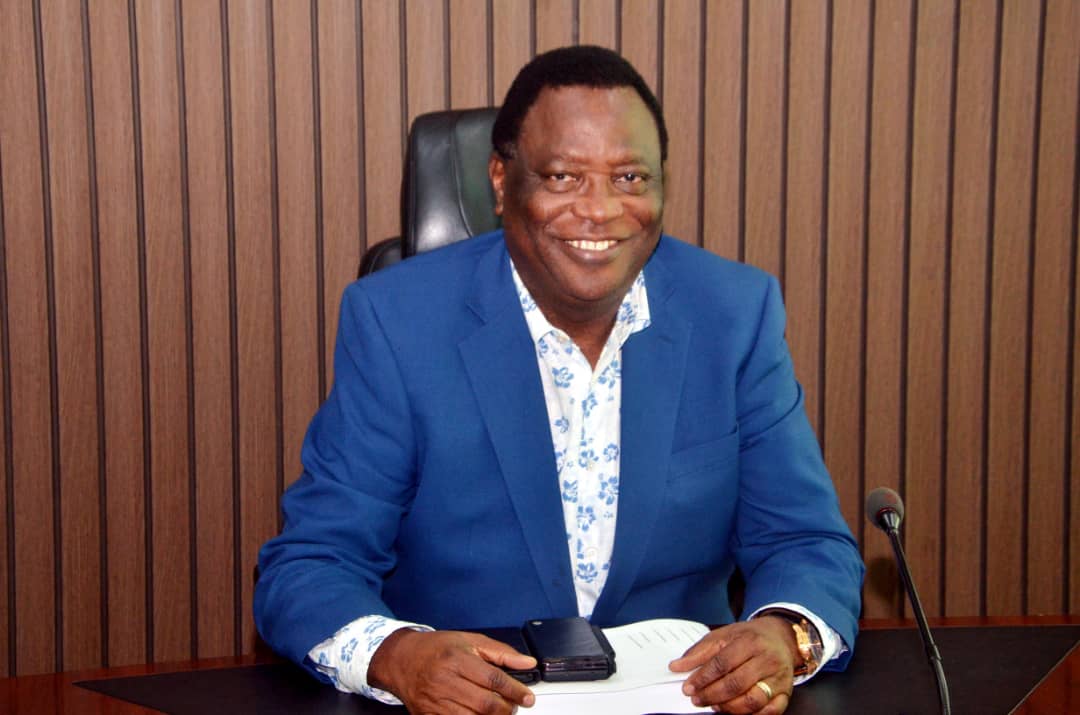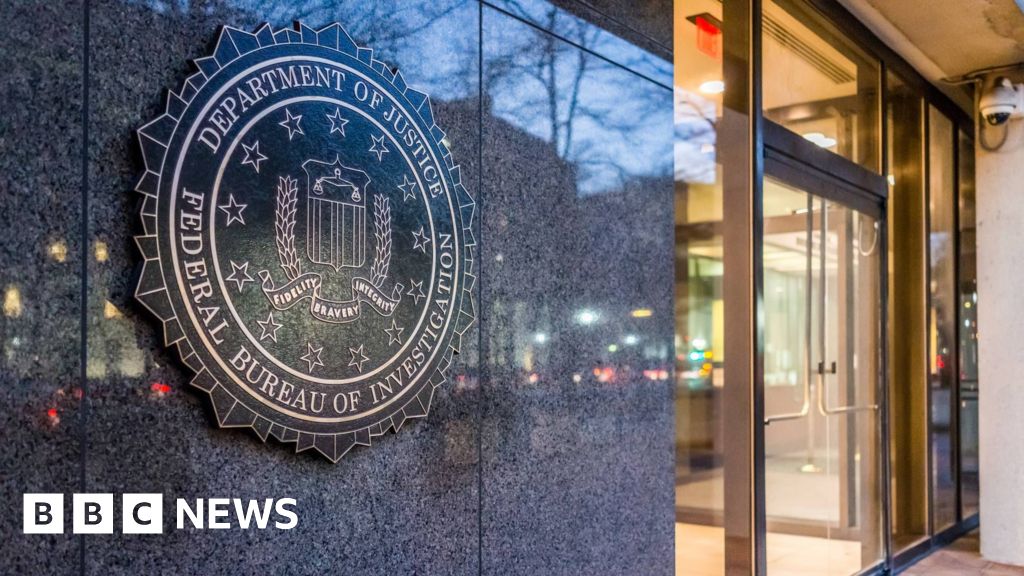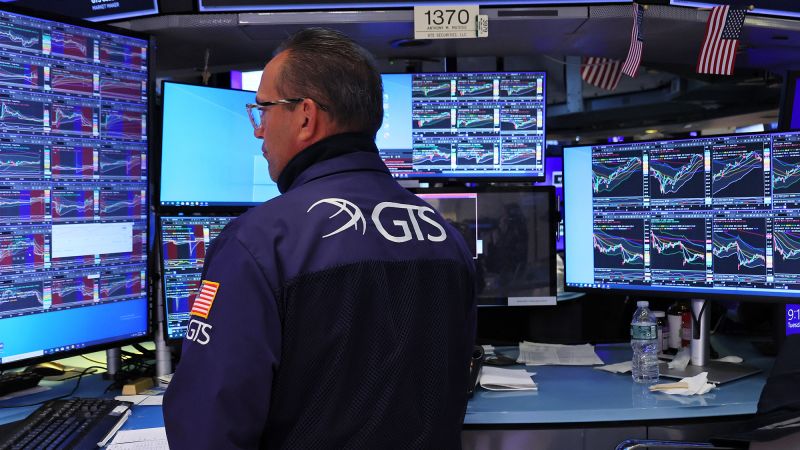US Court Upholds Trump Tariffs; China Urges End to Measures

A federal appeals court has granted a temporary reprieve for President Donald Trump's sweeping international tariffs, allowing them to remain in place while his administration appeals a lower court's ruling that struck them down. On May 29, the Court of Appeals for the Federal Circuit (CAFC) approved an emergency motion from the Trump administration, which argued that a halt to the tariffs was “critical for the country’s national security.” This decision temporarily pauses an order issued a day earlier by the Court of International Trade.
The Court of International Trade, in a ruling by a three-judge panel, had previously blocked the additional taxes on foreign-made goods. The panel determined that the Constitution grants Congress, not the president, the power to levy taxes and tariffs. Furthermore, the judges found that Mr. Trump had exceeded his authority by invoking the 1977 International Emergency Economic Powers Act (IEEPA) to implement these measures.
President Trump vehemently criticized the trade court's decision on Truth Social, labeling it a "horrible, Country threatening decision" and expressing hope that the Supreme Court would reverse it "QUICKLY and DECISIVELY." He questioned the appointment of the three judges and suggested the ruling stemmed from "purely a hatred of 'TRUMP'." Trump argued that requiring congressional approval for tariffs would involve lengthy delays and ultimately "completely destroy Presidential Power -- The Presidency would never be the same!" He referred to those involved in the ruling as "Backroom 'hustlers'".
The controversial tariffs were unveiled by President Trump in April on a day he dubbed "Liberation Day," and included measures such as a 10% tariff on UK imports, which led to aggressive sell-offs in the stock market. Mr. Trump justified invoking the decades-old IEEPA by declaring the situation a "national emergency" requiring international tariffs.
The legal challenge to the tariffs was initiated by five small businesses that import goods from other countries, represented by the Liberty Justice Center. Jeffrey Schwab, senior counsel for the nonprofit, stated that they believe the appeals court will ultimately agree that the tariffs pose "a direct threat to the very survival of these businesses."
Internationally, China has strongly urged the United States to abandon its practice of unilaterally imposing additional tariffs. He Yongqian, a spokesperson for China's Ministry of Commerce, noted the US Court of International Trade's ruling that deemed the US government's global, retaliatory, and so-called "fentanyl" tariffs illegal and ordered their withdrawal. The spokesperson emphasized China's consistent stance that trade wars have no winners and that protectionism is a futile approach. According to the Ministry, these unilateral tariffs have failed to resolve any US domestic issues and have instead "seriously disrupted the international economic and trade order and significantly interfered with business operations and consumption activities," ultimately harming others without benefiting the US and triggering significant domestic opposition.
Despite the legal turmoil, US Treasury Secretary Scott Bessent told Fox News that the initial trade court ruling had not interfered with trade deal negotiations with international partners. He stated that countries "are coming to us in good faith" and that there had been "no change in their attitude in the past 48 hours," adding he was scheduled to meet with a Japanese delegation.
Following the CAFC's decision to temporarily uphold the tariffs, the appeals court has set deadlines for further responses. The lower trade court and the Trump administration must respond by June 5 and June 9, respectively, as the legal battle over the tariffs continues.










